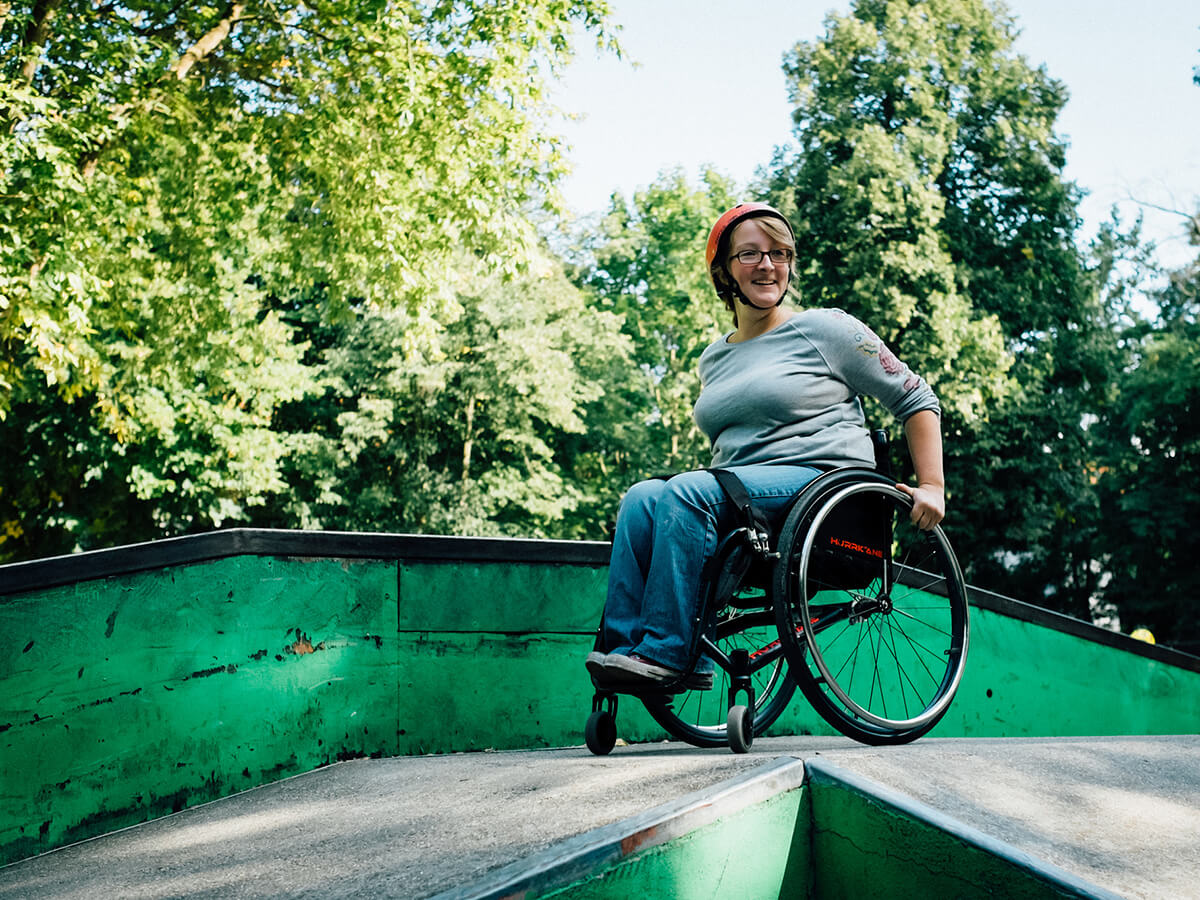Podcast: Download
Subscribe: RSS
The following wisdom comes from Louise.
I was born legally blind and became functionally blind at age thirty-two. I have a very supportive husband, two children, and a leader dog. I function very well as director of disabled students at Hope College in Holland, Michigan. Although I have obviously become sensitized to people with disabilities, I still make mistakes in dealing with my students. I have learned caregiving in an area that takes constant correction. I have found that it is important to give myself permission to make mistakes. -Louise
Here are Louise’s tips for how to care for someone with a disability:
- Remember that the person with disabilities is first of all a real person. If you have questions about a person’s disability, ask him or her. If you see a person with a disability who needs assistance, ask if he or she needs help, then wait for an answer.
- Learn the correct language in dealing with a person with disabilities. For example, a person “occupies” a wheelchair; he or she is not “confined” or “bound to” the chair. A person has a disabling condition–he or she is not “inflicted with” or “a victim of” it. A person with a mental illness has an emotional or psychiatric disability–he or she is not “crazy,” “insane” or a “mental patient.”
- The following are terms never appropriate to use when referring to a person with a disability or a disabling condition: afflicted; crippled; deaf mute; defective; deformed; gimp; invalid; retard; unhealthy; victim.
- Go to the website disabledparentsrights.org
Additional Wisdom for the Caregiver (from Easter Seal Foundation):
- It is okay to ask a friend about his or her disability, but it’s also okay for a friend to not want to talk about it. It should be the person’s choice.
- It is okay to use words like “see,” “hear,” “walk,” and “run” when talking with a friend who has a disability.
- Treat a person who has a disability the way you like to be treated.
- Be considerate of the extra time it might take for a friend with a disability to get things said or done. Let your friend set the pace in walking and talking.
- Appreciate what a friend can do. Remember that your friend’s difficulties may have more to do with other people’s attitudes, or with obstacles your friend may encounter, than with the disability.
Wisdom for the Caregiver (from Sol Gordon)
- Is There anything I Can do?, by Sol Gordon , (New York: Delacorte Press, 1994) pp 104-105.)
Photo credit: SOZIALHELDEN









0 Comments